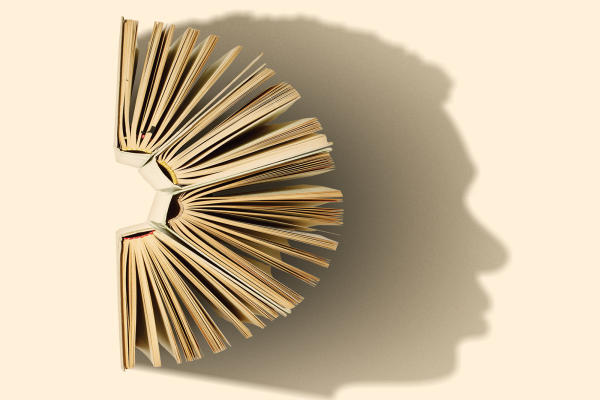GROWING UP, I read tons of historical fiction and often imagined the lives and times of my ancestors. My curiosity stemmed, in no small part, from my family, who dragged us to every available Black history and Black art museum. Whether visiting California’s first and only Black town, where my great-great-grandparents had bought land; making a pilgrimage to the National Underground Railroad Freedom Center during a family reunion; taking Black history bus tours; or hearing family stories from my grandmother and great-aunt, Black history was never far from our everyday lives.
Recently, technological developments and my growing archival research skills have enabled me to dig further into our family history. As DNA ancestry testing and digitized documents have become more widespread, I have been able to find graves and documents that could have been lost to history. The past, for me, has become even more close at hand as a crucial way of understanding the present.
Relating to the past in this way—an approach that resonates with Black families across the diaspora—stands in stark contrast to ongoing efforts to erase, distort, and lie about history.
Read the Full Article

